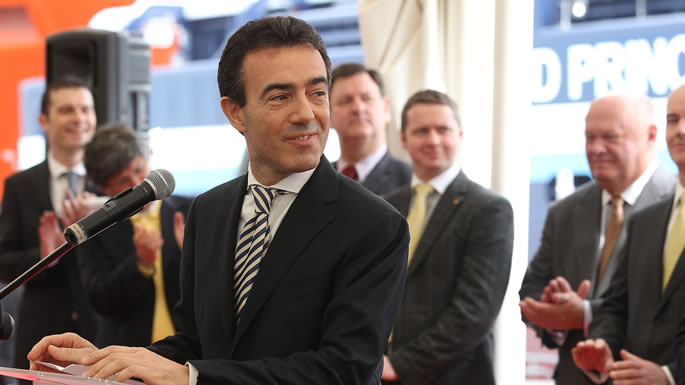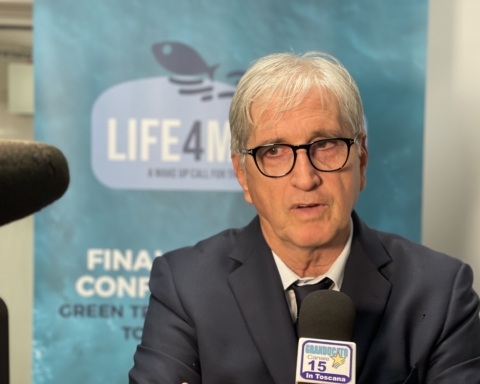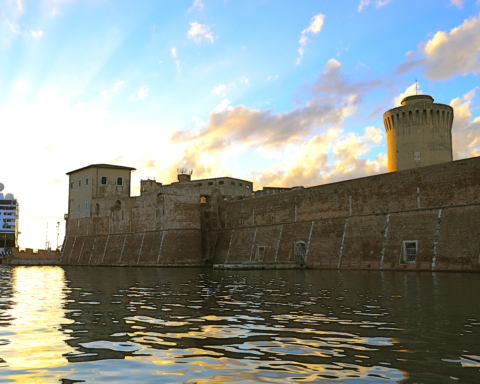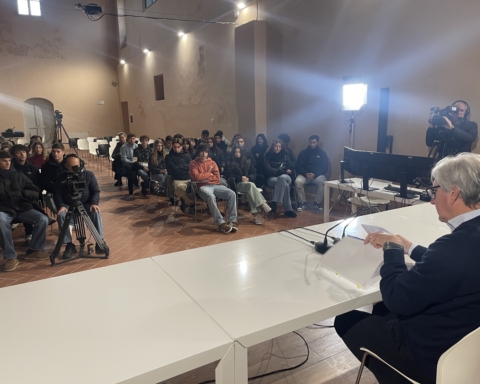“Port Authorities are public bodies and must remain so. However, mediation time must, once and for all, be subordinated to decision deadlines: “We need streamlined, efficient bodies, that are able to move dynamically in a context that currently appears too tied down in red tape and the excess of standardization that characterizes our field”.
This, in short, is how Daniele Rossi sees it.
Anyone who knows the president of the Central-Northern Adriatic Port Network Authority understands well just how little suited he is to philosophical reflections on the legal nature of port authorities.
Transforming critical analysis into practical steps and action is a priority for a man like him. The guiding star to follow is and always will be one: public interest, which must be safeguarded, above all else.
“When I sit at discussion tables with economic operators, I want to have the authoritativeness and authority of a public body,” says the Italian Ports Association’s top man.
The “dignity of the public sector” concept often comes back during the conversation with the reporter: “Those who do business do business; those who follow public interest should continue to operate in the public sector”.
Solomonic, but not trivial or rhetorical, Rossi is convinced that the authority of a body like the Port Network Authority derives from its third party nature i.e. from the fact that its interests don’t differ from those of the public sector, as it directly emanates from the state.
This is the reason behind the perplexity with which Rossi accepts the proposal launched in the columns of Port News by President Zeno D’Agostino: “To allow the Port Authorities to hold majority shares in companies that do logistics? I think it’s a complex issue that deserves to be examined in depth, but at first glance the idea leaves me quite puzzled”.
Rossi says that he is in favour of the in-house company model, which allow Port Network Authorities to “move with greater dynamism on the market”, but these are bodies that must still remain subject to public rules. “Their transformation into commercial entities to all intents and purposes doesn’t convince me.”
The reason is always the same: “The sole objective of those who work in a purely economic context is keeping their budgets balanced. They are certainly not concerned about public interest. To do both would create confusion which could be very dangerous”.
According to the president of the port of Ravenna “there should be no misunderstanding: either we are an authority or we are a commercial operator. It’s difficult to do both objectively and with peace of mind.
The real issue to be addressed, then, is not whether or not to allow the Port Network Authorities to do business, but what to do so that they are put in a position to do their job well: “Port authorities must be able to make investments, they must be able to regulate the market and see to modernizing port infrastructure as quickly as possible.”
Procurement code, environmental legislation and labour law: these are the priorities for action: “This is what we need to discuss. The question is not whether I can do business but whether I can spend the money I have available to run a port.”
Rossi fully embraces Pietro Spirito’s opinion published in Port News a few days ago: “My colleague is absolutely right: dredging procedures are too lengthy. In Ravenna we haven’t been able to dredge for over ten years now. We hope to be able to start work at the end of the year, but, generally speaking, ports are often held up by dredging sediment containment basins being full, legal proceedings, and hundreds of thousands of euros spent every two years on bathymetric surveys.
The risk to avoid is that of an impasse blocking the work of Port Network Authorities: “It makes no sense if it can take over a year to develop a project”.
The same goes for the dredging: “How can I have a port that can handle mega-ships if I risk being prosecuted for every single thing?”
Rossi has a very clear understanding on what the real priorities for Italian ports are: “If we could build efficient and modern infrastructures with clear time frames, if we were concerned with creating a digital connection system and supporting operators who want to invest in ports with clear rules, I think we would have done more than our duty”.
However, in order to achieve these objectives, we must first of all “get out of the judicial administrative nightmare which we find ourselves in today”. Morevoer, we should be able to operate without the sword of Damocles “of revenue losses or environmental damage, without the continuous misunderstandings with the National Anti-Corruption Authority (ANAC)”.
This does not mean that we do not have rules: “But we need to simplify. The problem is that there are too many controllers, too many competences that overlap which should be clarified. This issue must be addressed and adapted to the timing of decisions”.
“Otherwise – this is the moral of the story – Port Authorities risk ending up like those elephants with their backs broken by feathers. The animal is overburdened by the weight of bureaucracy, but you end up blaming only the feather that led to the last fraction of the weight.”
Translation by Giles Foster




